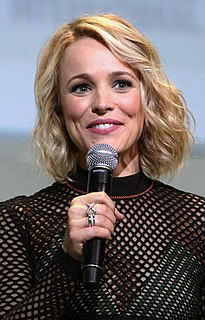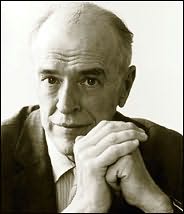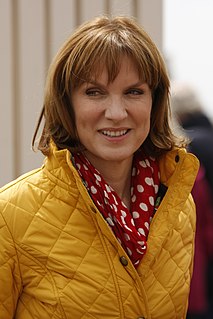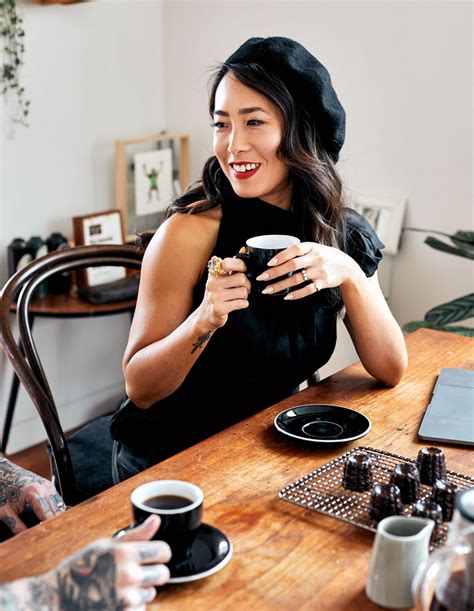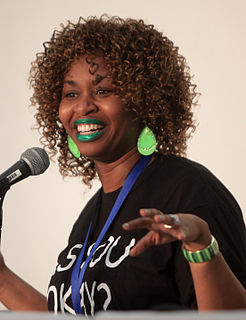A Quote by Rachel McAdams
I do think having a mother as a nurse who's a very kind of compass - , she's so compassionate and she really unfortunately would take her work home with her sometimes.
Related Quotes
Sometimes she goes out to work as a practical nurse, and comes home and sits by the kitchen table soaking her feet in a pan of hot water and Epsom salts. When she gets into bed and the springs creak under her weight, she groans with the pleasure of lying stretched out on an object that understands her so well.
When we’re home sometimes, she’ll put on mascara. And sometimes I’ll let her wear something out to dinner – but just a little dab. Also having a father who adores you the way that he adores her is very good for your body image. The more we can love her and let her be who she is, the more confident she’ll feel.
My mother is somebody who I think of as having just an intense close focus. She's somebody who really can pay very, very close attention to the thing she's focusing on for a very long period of time, and that has served her incredibly well in her professional career. She knows - the things she knows, she knows them just so deeply.
Earth fills her lap with pleasures of her own;
Yearnings she hath in her own natural kind,
And, even with something of a mother's mind,
And no unworthy aim,
The homely nurse doth all she can
To make her foster child, her inmate man,
Forget the glories he hath known
And that imperial palace whence he came.
Where woman has taken her place in business she has found her method ready-shaped for her, and following that, she does her work,if with a certain amount of monotony, yet without undue fatigue. Her hours are fixed, and as a rule she gets needful change of scene as she goes to her business and returns to her home or the place where she lives. But the "home- maker" has not, nor can she have, any such change, and her hours are always from the rising of the sun beyond the going down of the same.
She didn’t understand why it was happening,” he said. “I had to tell her she would die. Her social worker said I had to tell her. I had to tell her she would die, so I told her she was going to heaven. She asked if I would be there, and I said that I would not, not yet. But eventually, she said, and I promised that yes, of course, very soon. And I told her that in the meantime we had great family up there that would take care of her. And she asked me when I would be there, and I told her soon. Twenty-two years ago.
She'd assumed she'd be married and have kids by this age, that she would be grooming her own daughter for this, as her friends were doing. She wanted it so much she would dream about it sometimes, and then she would wake up with the skin at her wrists and neck red from the scratchy lace of the wedding gown she'd dreamed of wearing. But she'd never felt anything for the men she'd dated, nothing beyond her own desperation. And her desire to marry wasn't strong enough, would never be strong enough, to allow her to marry a man she didn't love.
I mean, her father was an alcoholic, and her mother was the suffering wife of a man who she could never predict what he would do, where he would be, who he would be. And it's sort of interesting because Eleanor Roosevelt never writes about her mother's agony. She only writes about her father's agony. But her whole life is dedicated to making it better for people in the kind of need and pain and anguish that her mother was in.
I think Eleanor Roosevelt always had a most incredible comfort writing letters. I mean, she was in the habit of writing letters. And that's where she allowed her fantasies to flourish. That's where she allowed her emotions to really evolve. And that's where she allowed herself to express herself really fully, and sometimes whimsically, very often romantically. And it really starts with her letters to her father, who is lifelong her primary love.
